Netflix is no stranger to controversy, and the interfaith romance at the heart of “No One Wants” is no exception. What’s even more surprising is that despite the criticism, the series remains a huge hit.
It’s hard to say whether Israel’s ongoing war with Hamas is a troubling factor, but it doesn’t feel like it. Instead, the central squabble in “No One Wants This” centers on its two main characters falling in love.
After all, this is a romantic comedy, and when romantic comedies are well written and well acted, they usually work well. Netflix is certainly happy. Currently, “Nobody Wants This” has a review score of 94% on Rotten Tomatoes and an audience score of 86%.
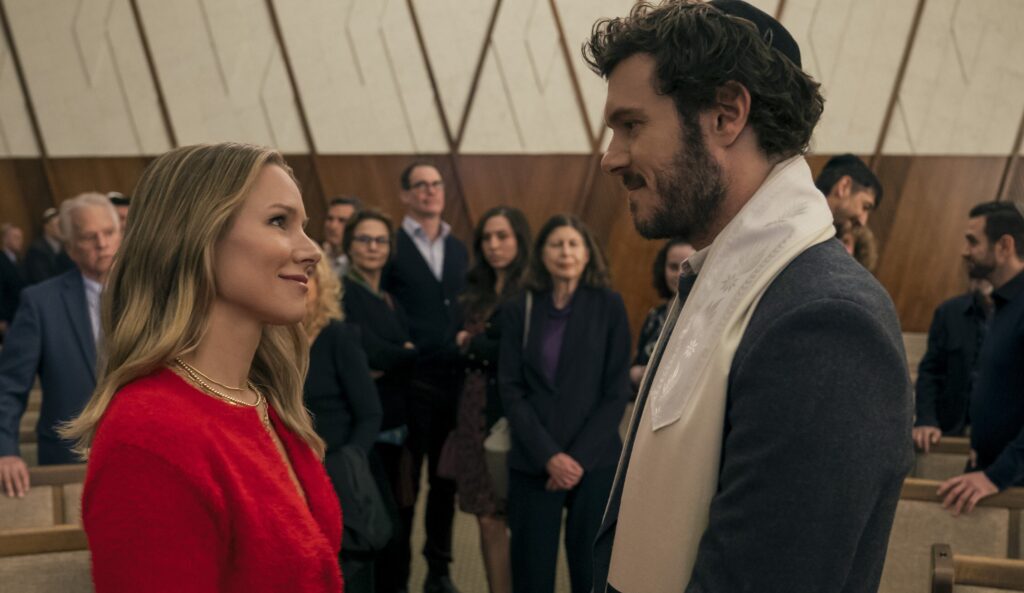
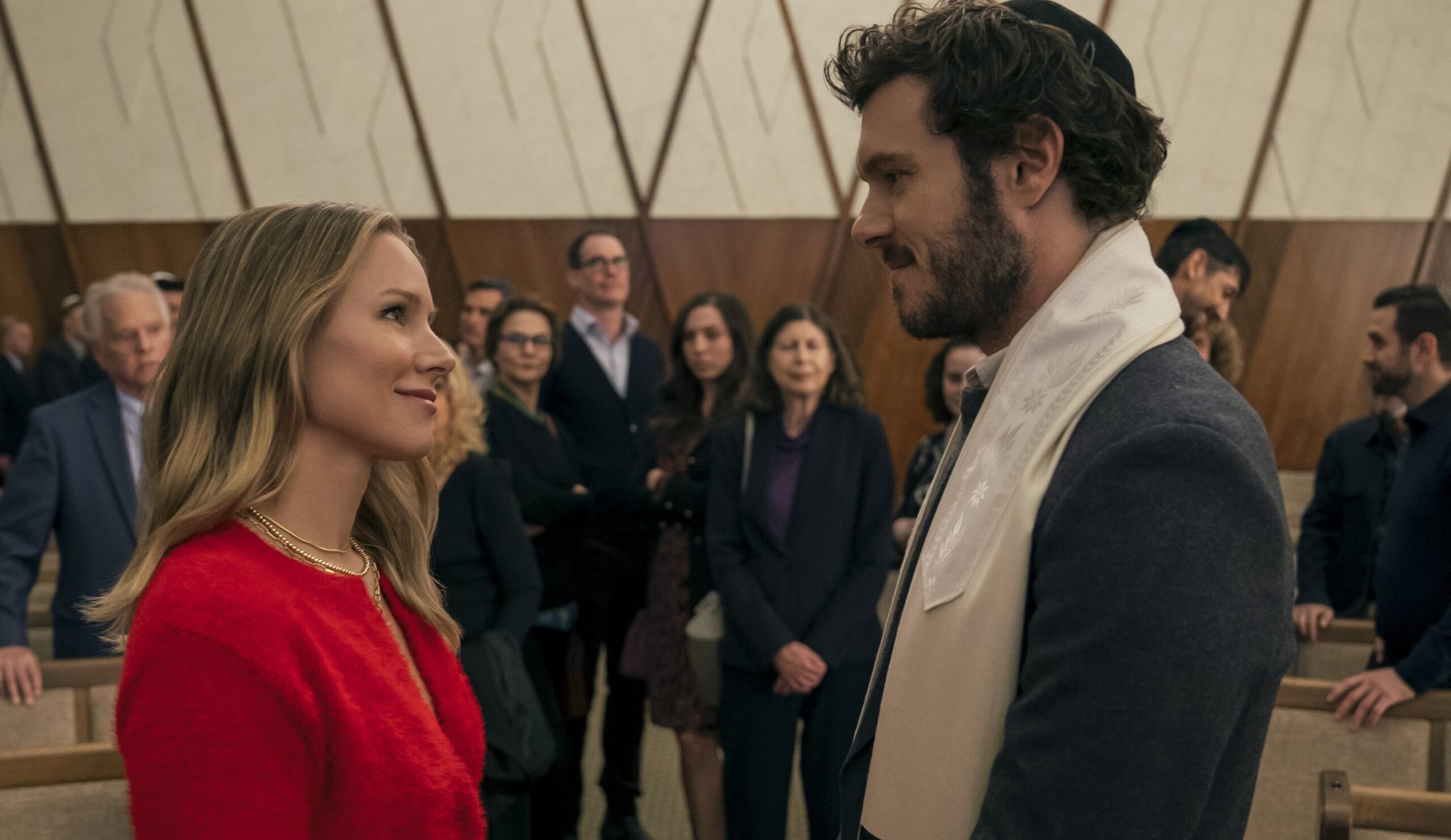
Even so, there always needs to be a balancing effect, and that effect boils down to stereotypes, “shiksas,” and maybe a little chauvinism about interfaith marriages.
That said, the show’s creator was Erin Foster, a Jewish convert herself, who drew a semi-factual work similar to her own life.
The audacity of the play is not a product of current events but a collection of religion and prejudice.
Why vitriol?
Unfortunately, this is a multifaceted thing. The most direct and loudest outcry was the show’s use of the word “shiksa,” an insulting term for “non-Jewish” women.
It’s not so much the word as it is the attitude that the word creates.
To be fair, some of the Jewish women in the show are shown to be aggressive, especially his ex-girlfriend (Rebecca) and Noah’s mother (Bina).
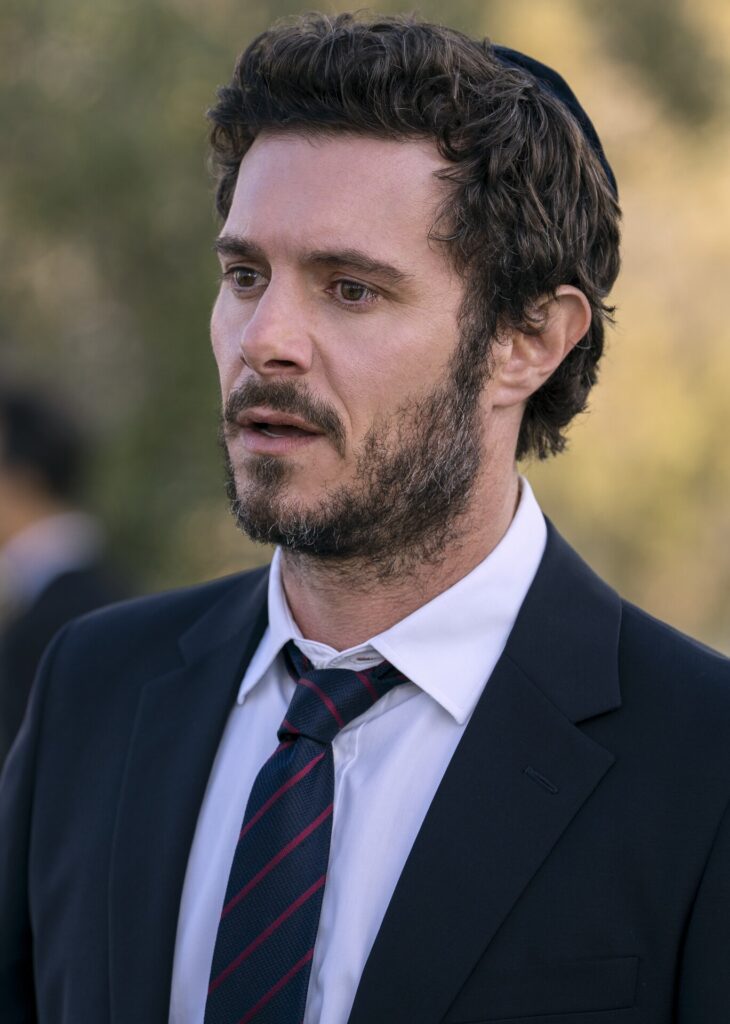
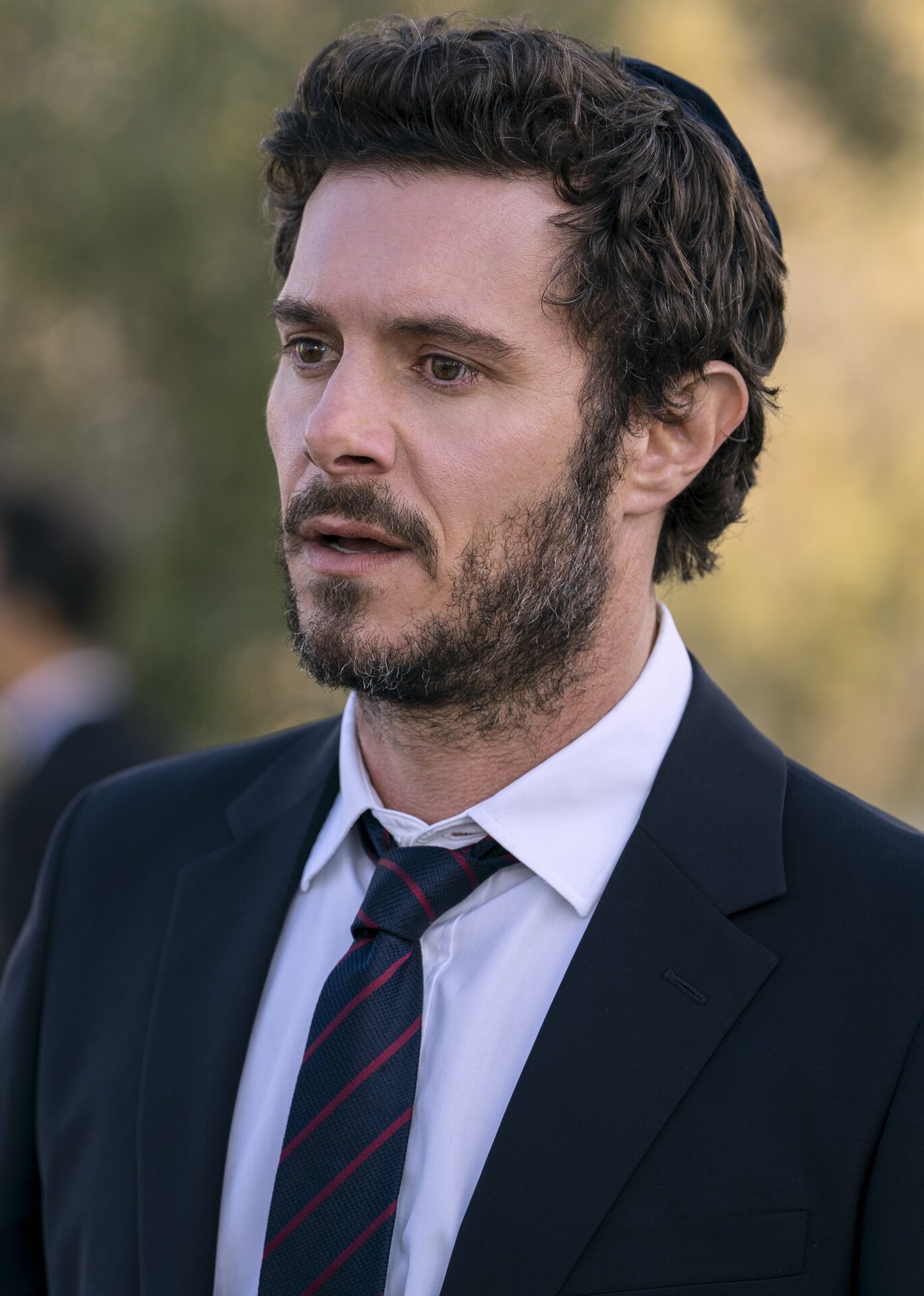
They were the main focus of critics of the show, who accused Erin Foster of promoting “Jewish mother” tropes. “Shiksa” is an important part of this, but it’s in the shadow of the main complaint.
Of course, nothing in today’s television industry is without controversy, interfaith romance or not. It seems like everything that touches the various streaming platforms comes with a warning.
Unless one understands the background of each critic, it is difficult to determine whether cultural and moral relativism is being neglected or applied.
While conversion to Judaism is a complex matter internally, the complexities of love are much more difficult to analyze.
However, in this form of interfaith romance, the combination of the two is irritating, especially among Jewish women.
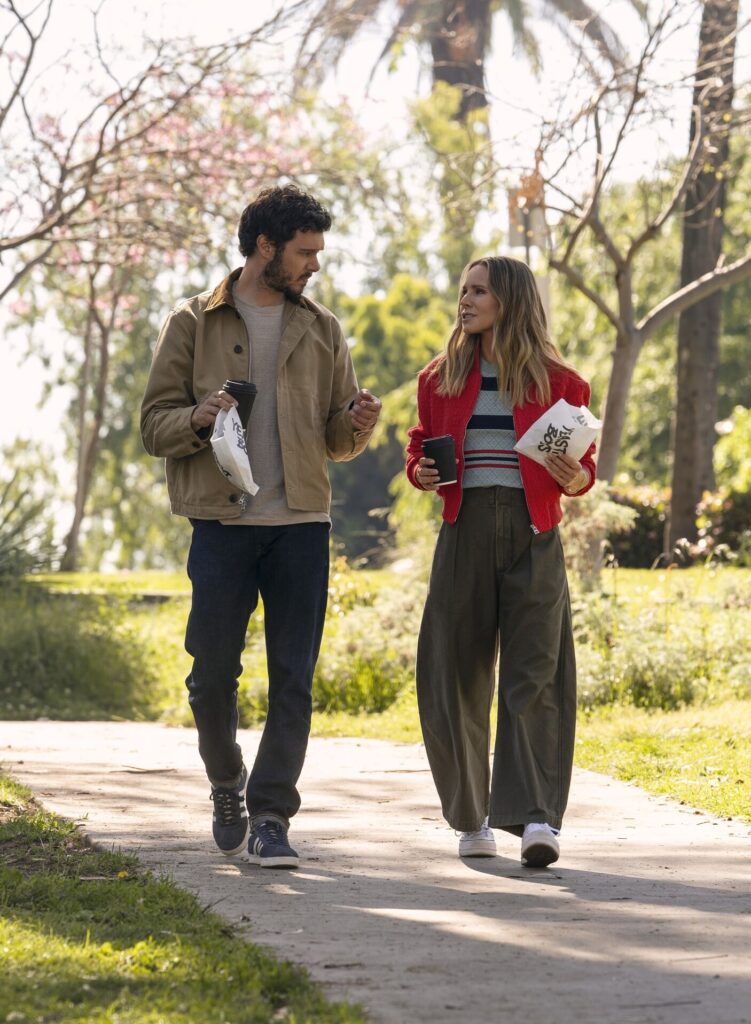
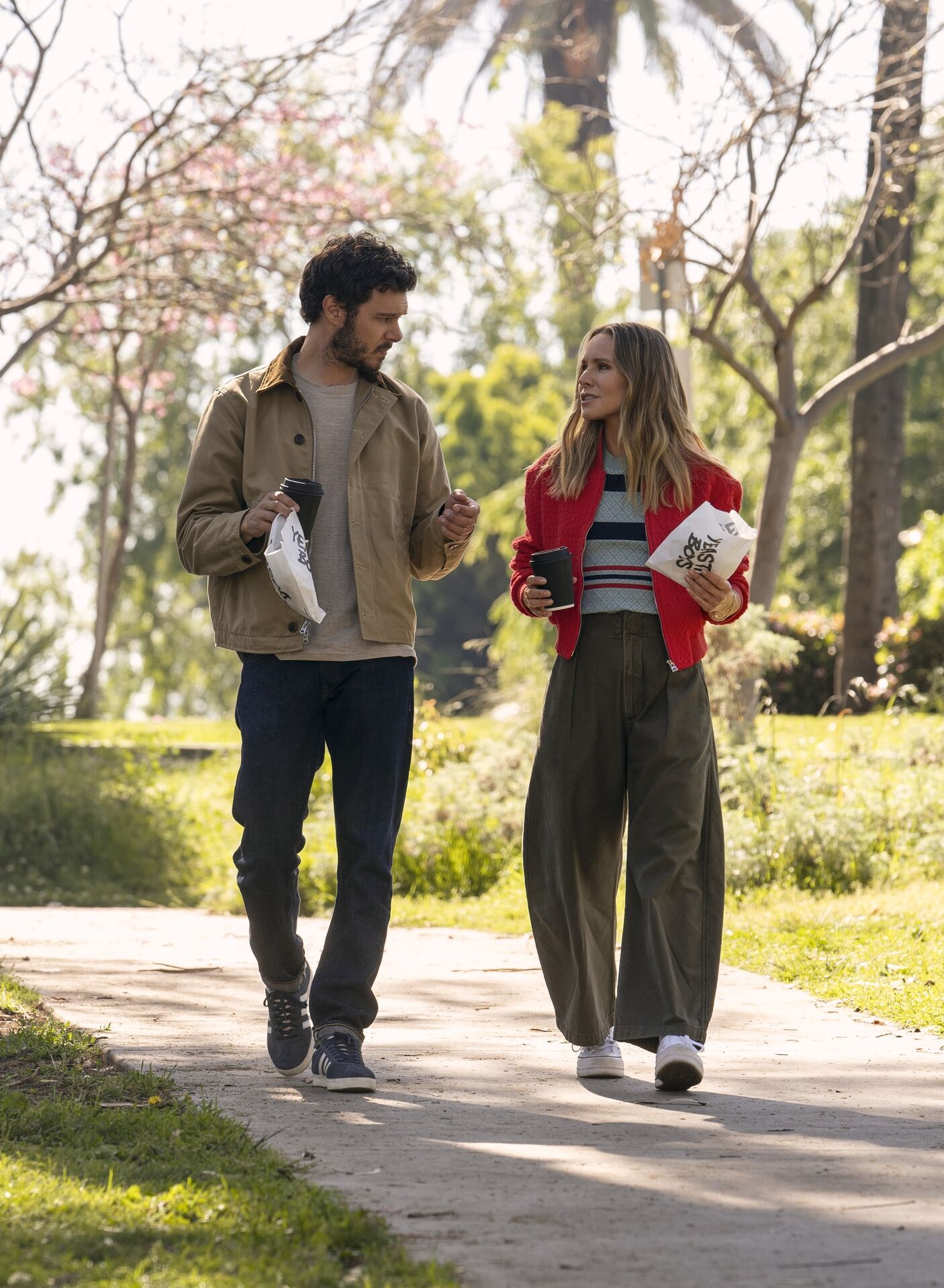
It’s hard to blame them. Watching the show, it’s easy to feel like their protests are too repressive. Throw in the word “Shiksa” and it’s easy to see why some people don’t like this series.
Noah’s ex Rebecca adds insult to injury when she breaks into his personal belongings and steals an engagement ring, putting it on her finger. Her sister-in-law has her own share of bad spots.
Some of the remaining anxieties are remnants of a bygone era. Interfaith romance, let alone interfaith marriage, is not always an acceptable social norm. It was not until the 1970s that Jews began to accept it.
It doesn’t matter
I am not at liberty to say whether most of these critics know anything about Erin Foster’s background. I’m sure that’s true of most people to some extent.
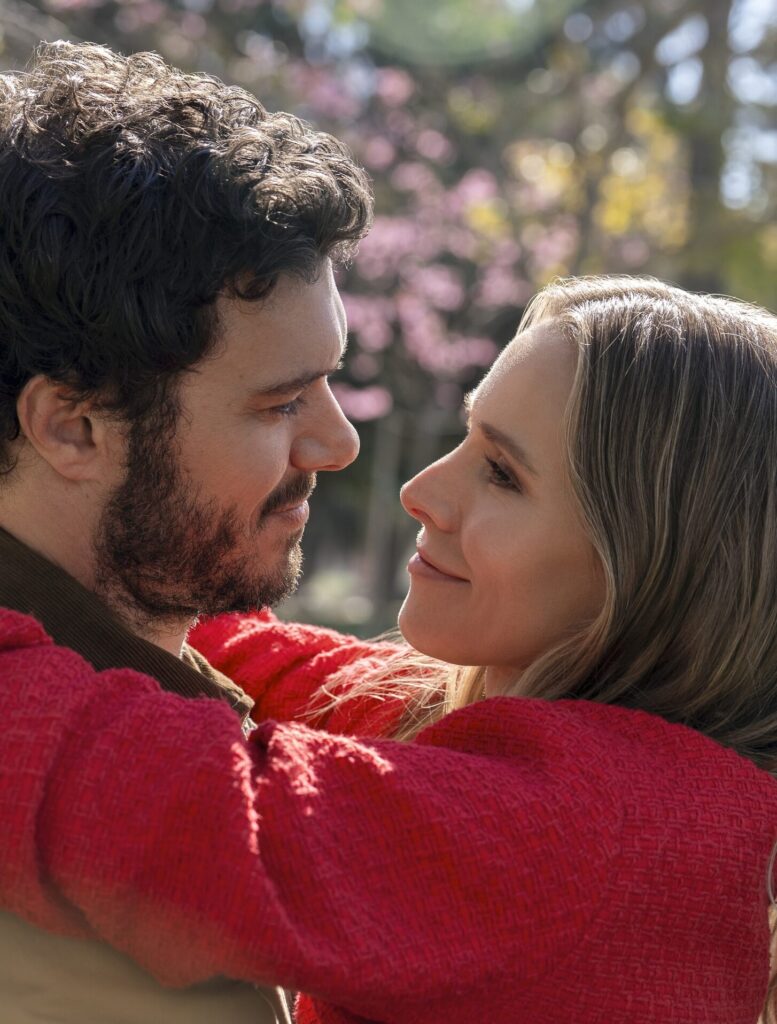
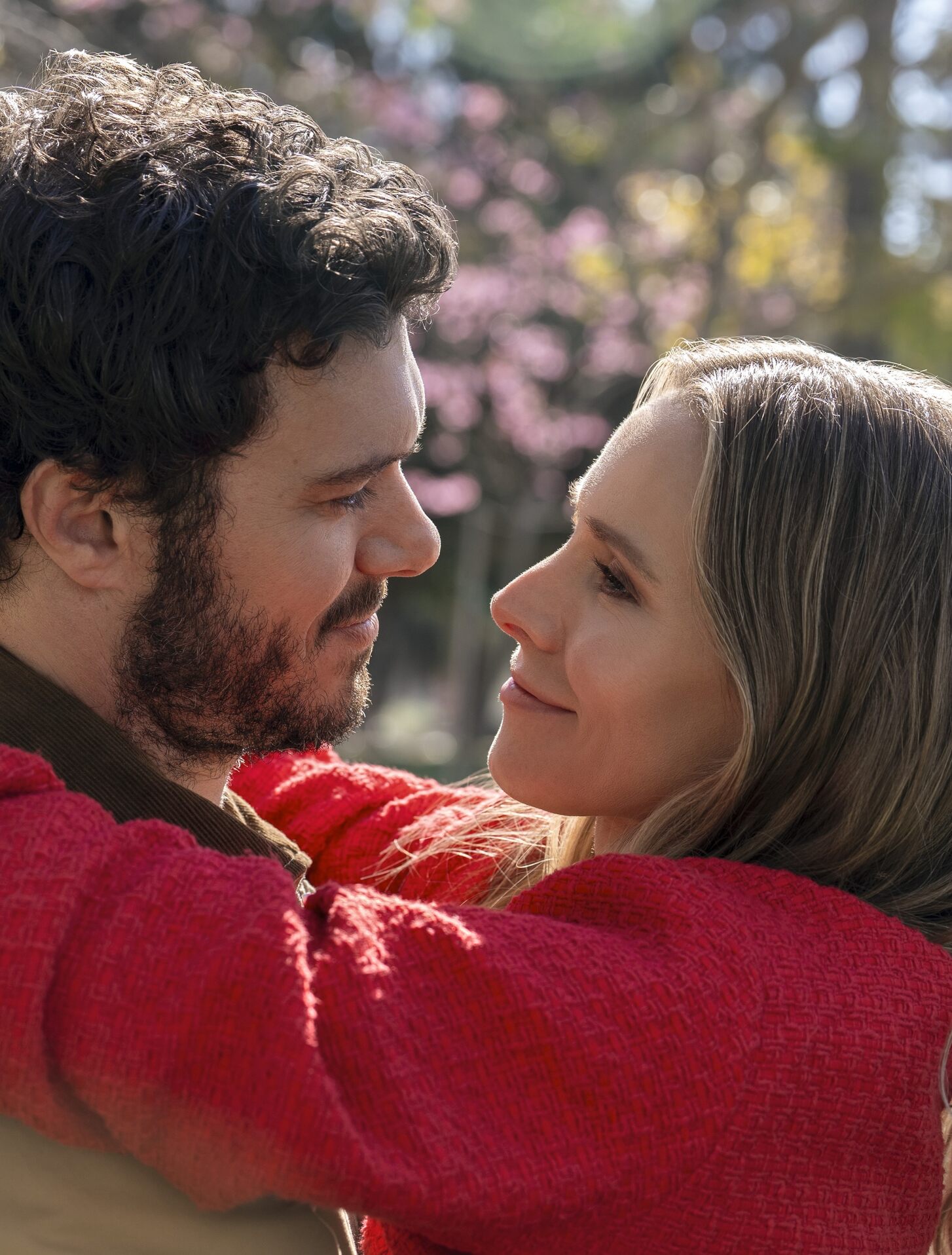
However, knowing someone’s background and living in someone’s background are two different things, and the latter is clearly impossible.
There is no doubt that the creator used elements of his own life in his creation. It’s just part of the creative package. Much of what troubles critics stems from impressions—right or wrong—of Eileen Foster.
Was she right in choosing to insert elements that some considered anti-Semitic? You can judge that. Of course, the best person to ask is the show’s creator himself.
“If I cast my Jewish parents as two granola hippies on a farm, someone will write, ‘I’ve never seen a Jew like that before…that doesn’t represent us well.‘”
-Eileen Foster
Basically, she expresses the same dilemma that most creators face—you’re damned if you do this, and you’re damned if you don’t. At first, she looked in from the outside. Now she is part of the culture, religion and tradition.
Of course, everything about Judaism has a greater authority, but it would have been different if the show had begun from the mind of someone who knew nothing about the Jewish faith.
Ultimately, the points of conflict weren’t serious enough to undermine the entire show. Its overwhelming popularity at least proves that.
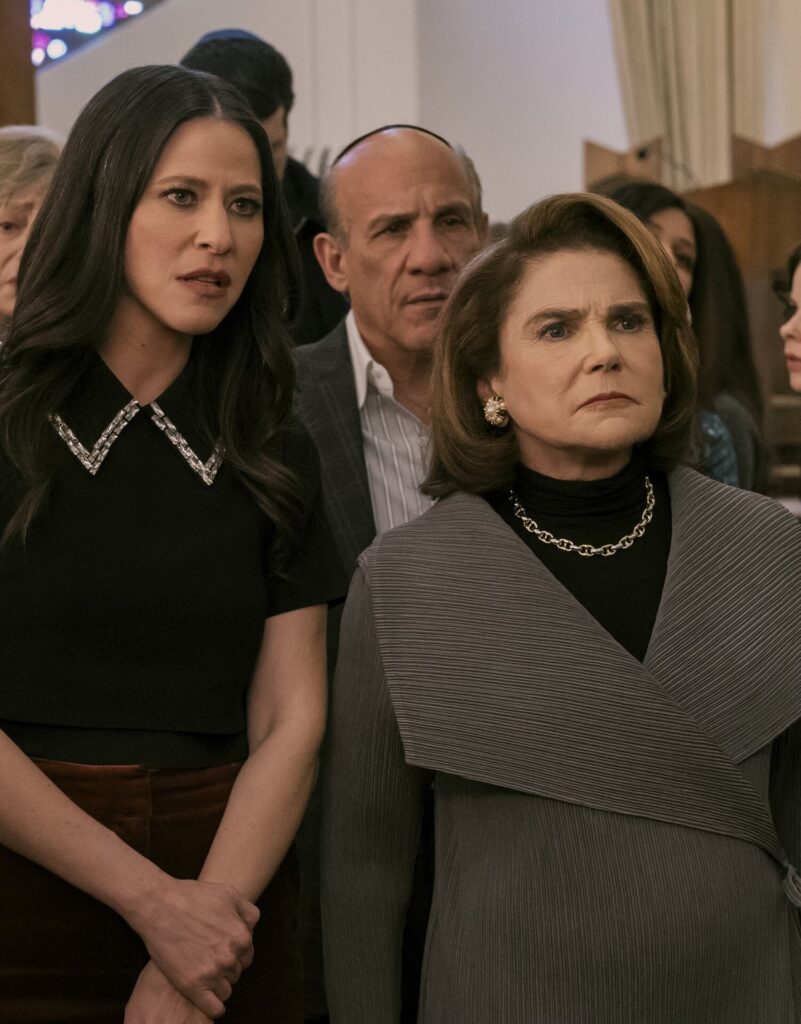
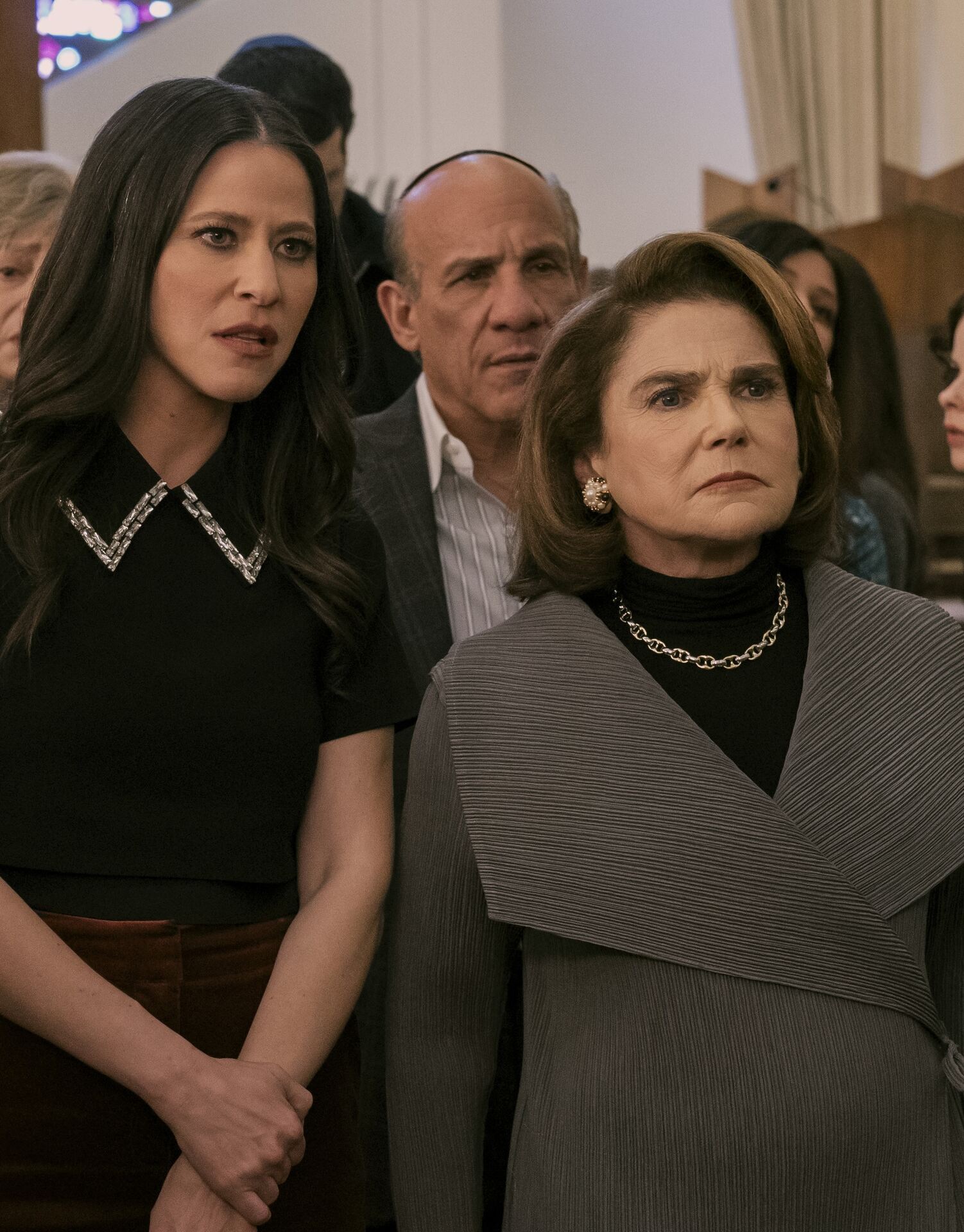
“Shiksa” is harder to pin down, but its depiction is realistic.
It may not be a common word anymore, but that doesn’t mean we should cringe at every cultural reference that doesn’t reflect anything but greatness.
Give me a perfect culture and society and I’ll ask why everyone on earth doesn’t live there and fully embrace it.
Additionally, any show based on an interfaith romance, regardless of the chosen religion, is bound to receive its fair share of negative interpretations. While this doesn’t mean it’s okay to go crazy with negative stereotypes, it brings relatability and a sense of reality to the essence of the story.
What makes “Nobody Wants This” work?
There are a lot of complaints these days about the repetitive nature of the entertainment industry. Surprisingly, however, it’s the repetition that drives “Nobody Wants This.”
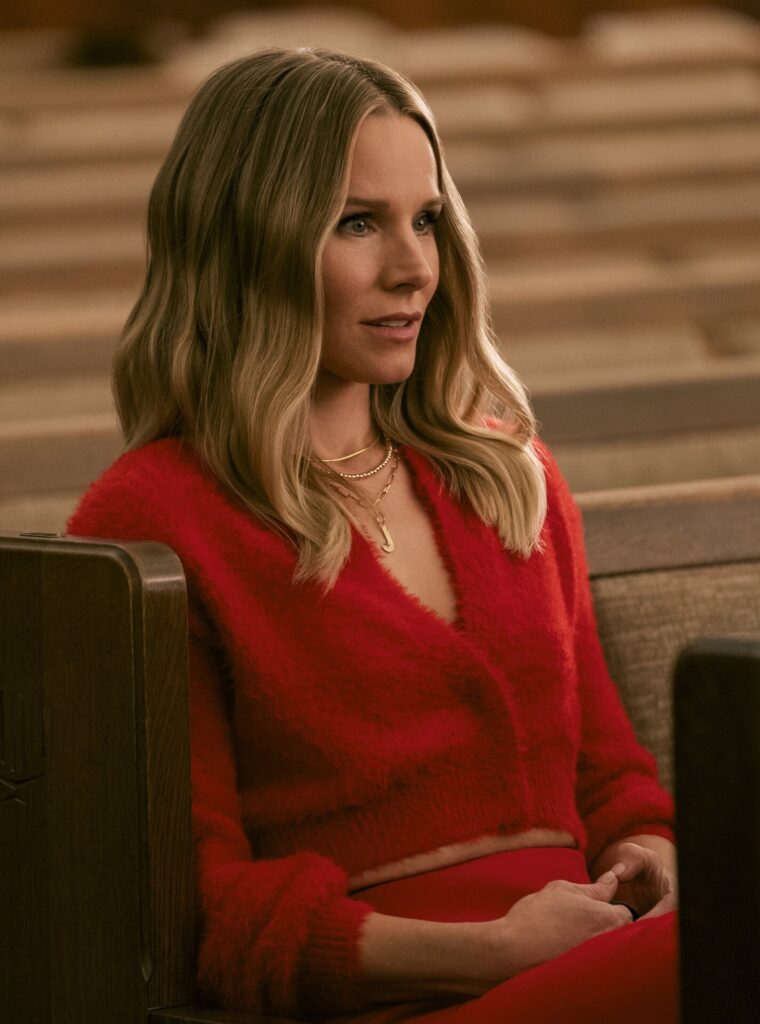
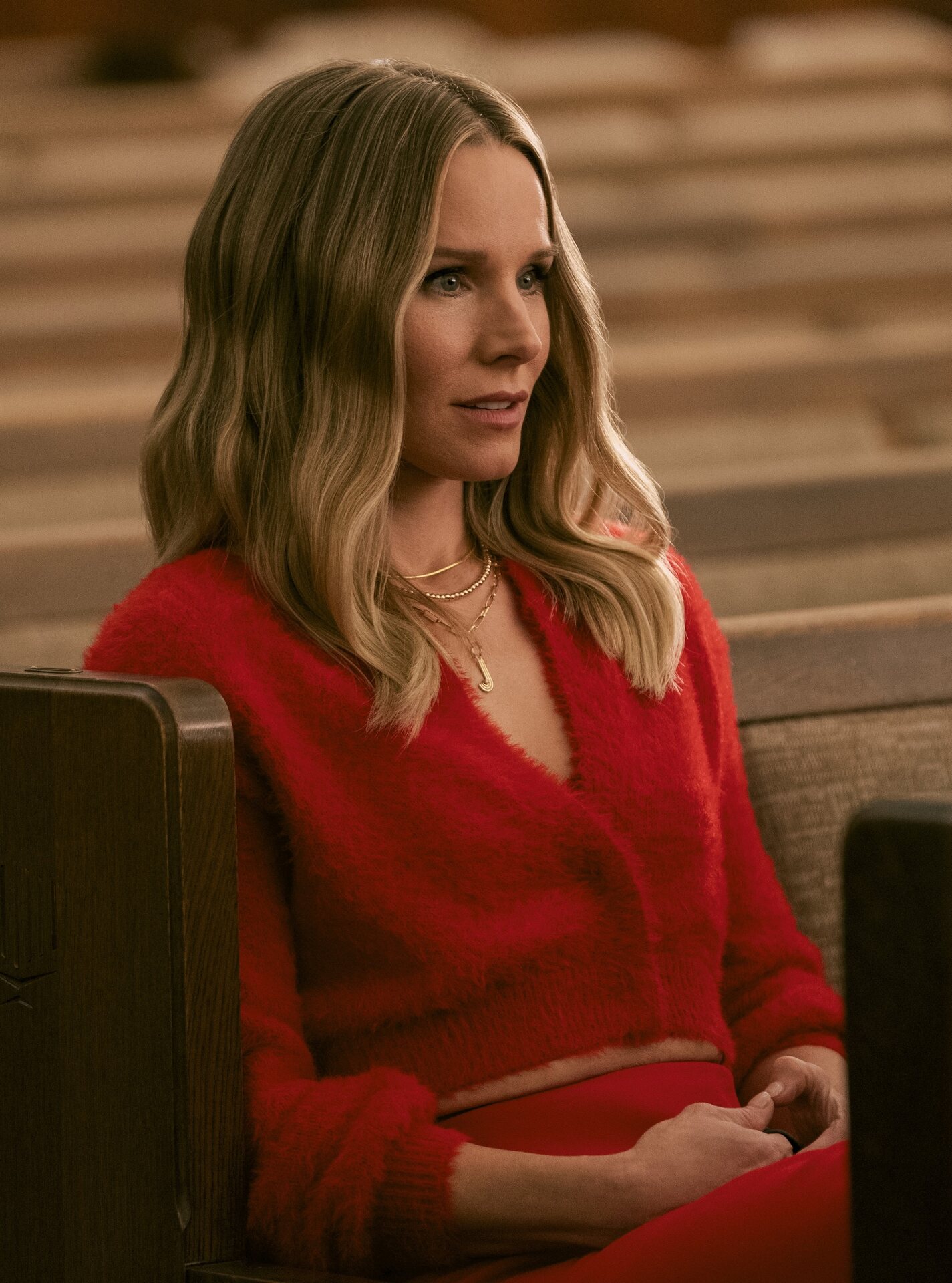
This is your basic romantic comedy. Despite a single, opposing conundrum between two complete opposites, they find each other.
We’ve seen this song and dance a thousand times before. But there’s a reason we’ve seen it a thousand times. It’s very popular. People love it. Interfaith romance is just one antagonistic element of this change.
It’s this counterproductive choice that makes “Nobody Wanted” such a “daring” take on the traditional romantic comedy. Additionally, controversy tends to boost ratings, especially when the show itself is better than average.
Well done, the chemistry between Noah and Joanne felt real and natural in some ways.
Joanne must always endure an interesting sense of discomfort as she assimilates to a faith and culture with which she is unfamiliar.
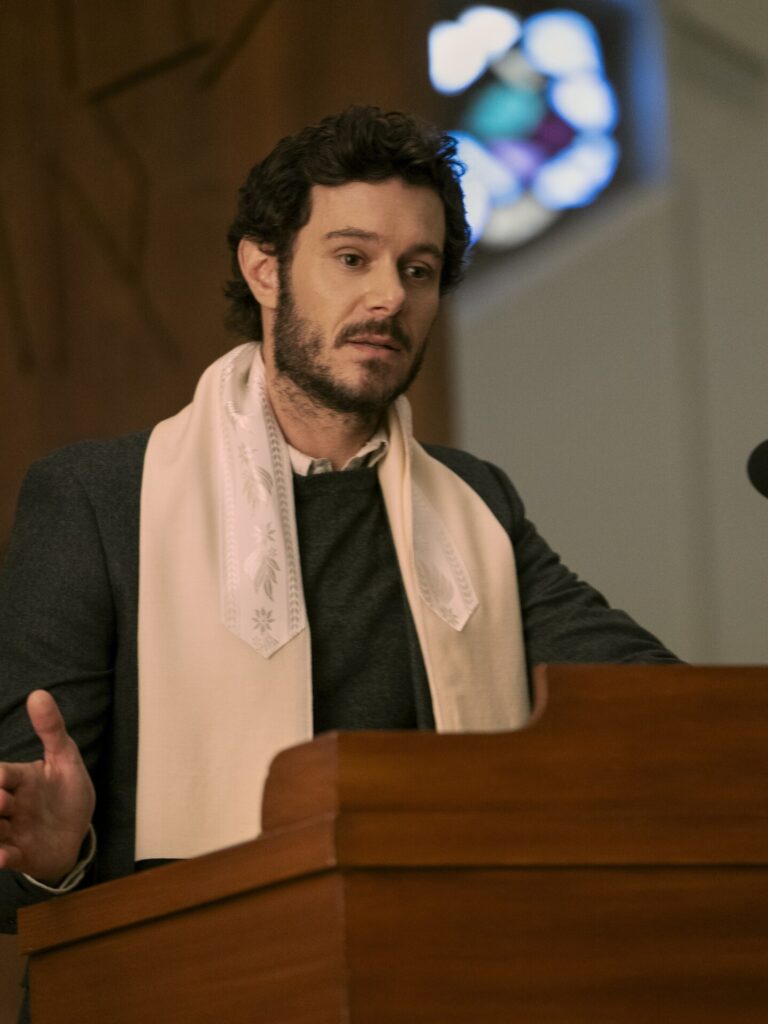
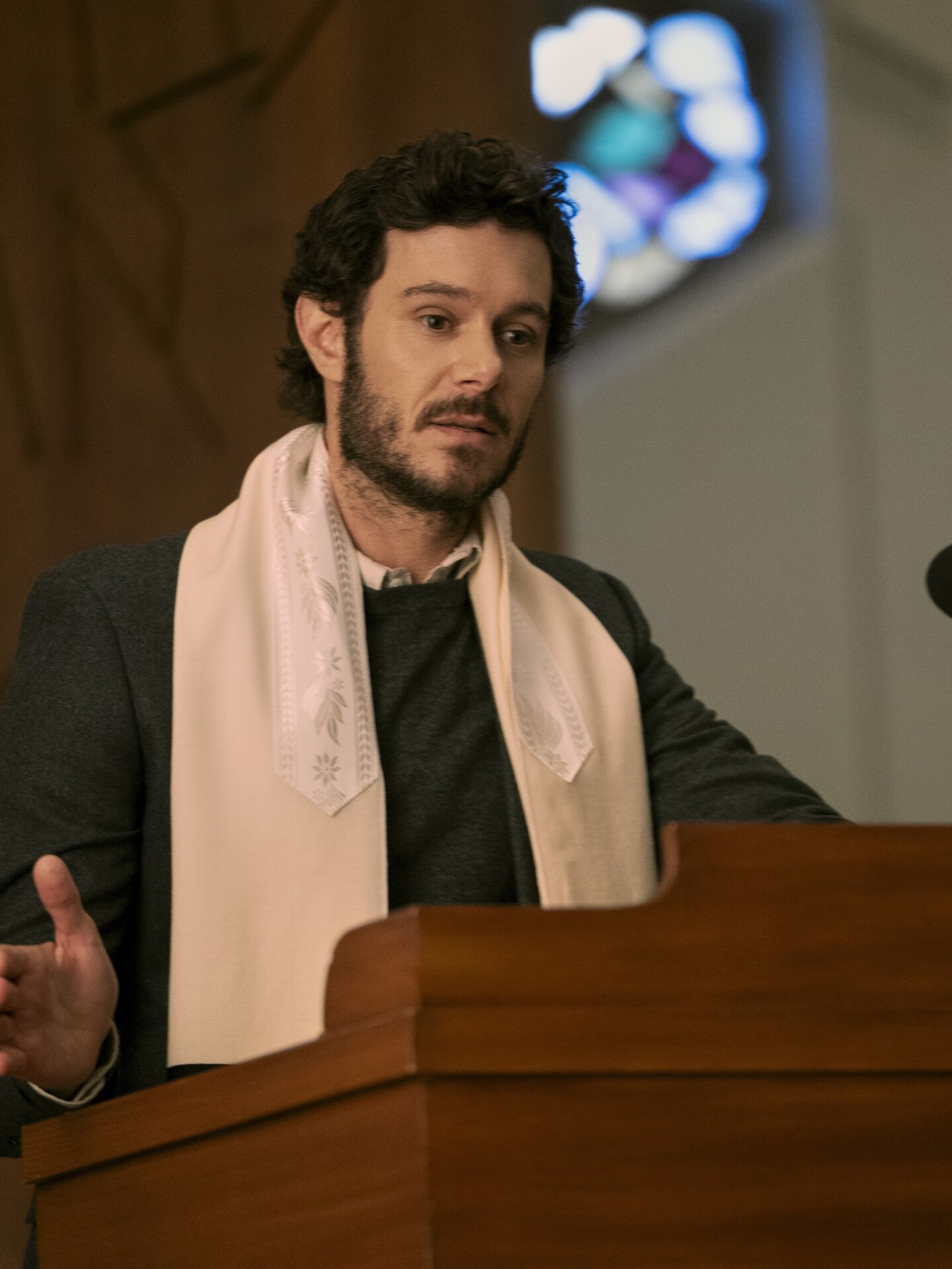
In a TV show or movie like this, the real antagonist is often the situation, not the nagging sister-in-law and ex-girlfriend.
As for everything else, Erin Foster has explained her reasoning, and it’s hard to argue with someone who was directly involved and has first-hand experience.
What do you think of Nobody Wants This as a traditional romantic comedy about an interfaith romance?
Take the poll below and leave us a comment to expand on your thoughts
Watch No One Wants This Online


